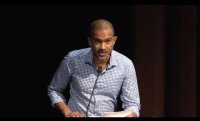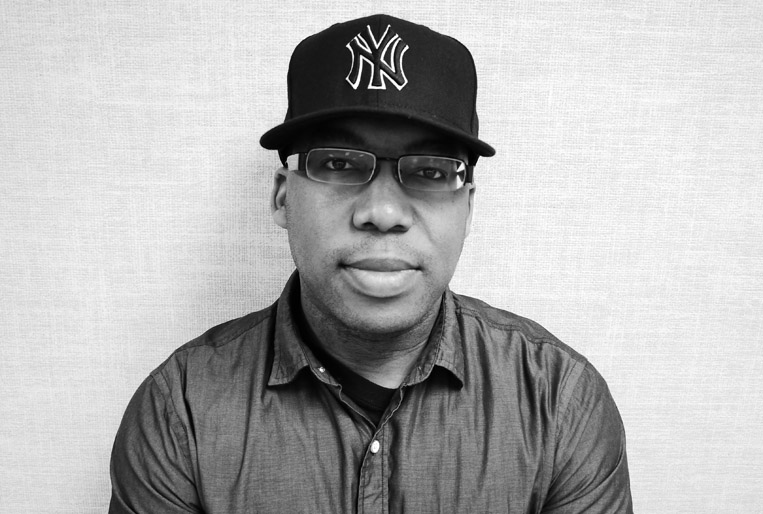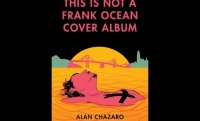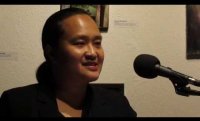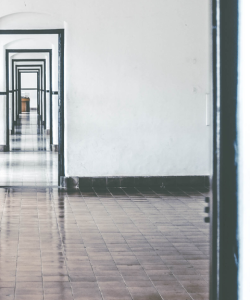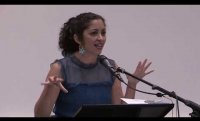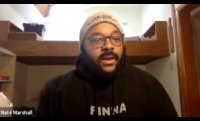If you are just jumping on to this blog, thank you for coming along for the ride. I have had the pleasure to speak with local Houston writers about how their lives have changed during the pandemic, in particular, how their writing lives have been altered. It has been a difficult time, to say the least, but there have been some new, positive aspects as far as accessibility and inclusion for literary events, and as you’ll see below, family time. For this series, I reached out to writers and posed one simple question:
What have you been doing since the pandemic started?
So far we have heard from Katie Hoerth, Daniel Peña, and Melissa Studdard, and this week I bring you, poet Jonathan Moody.
Jonathan Moody is a Cave Canem alum and received his MFA from the University of Pittsburgh. His poetry has appeared in African American Review, Borderlands, the Common, Crab Orchard Review, Harvard Review Online, and other publications. He is the author of The Doomy Poems (Six Gallery Press, 2012) and Olympic Butter Gold, which won the 2014 Cave Canem/Northwestern University Press Poetry Prize. For the upcoming school term, Jonathan will join the English department faculty at South Houston High School. He lives in Pearland, Texas with his wife and three sons.
Here is what Jonathan had to say:
“Before the Coronavirus pandemic, my gruesome teaching schedule didn’t permit me to hydrate as much as I should. I always knew water was essential for the kidneys, but I had no clue that it cushions the brain and the spinal cord. The headaches and lower back pain that caused me distress have now dissipated. I also start each day taking immune boosters: echinacea, elderberry, and Vitamin C. And I’ve stuck to a consistent workout regimen that includes wind sprints and knee taps, as well as calisthenic exercises like push-ups, plyometric push-ups, and chest dips. Now that I’m in much better shape, I’m less complacent when it comes to meal prepping and cooking creative dishes like feijoada, patatas bravas, and flan. One change that I’m most proud of is how Avery Langston, my six-year-old son, demands that I, my wife, and the Moody Twins—Aiden and Aristin—eat dinner together every night as a family.”
Photo: Jonathan Moody (Credit: Thu Nguyen) Lupe Mendez is the literary outreach coordinator for Poets & Writers in Houston. Contact him at Houston@pw.org or on Twitter, @houstonpworg.




